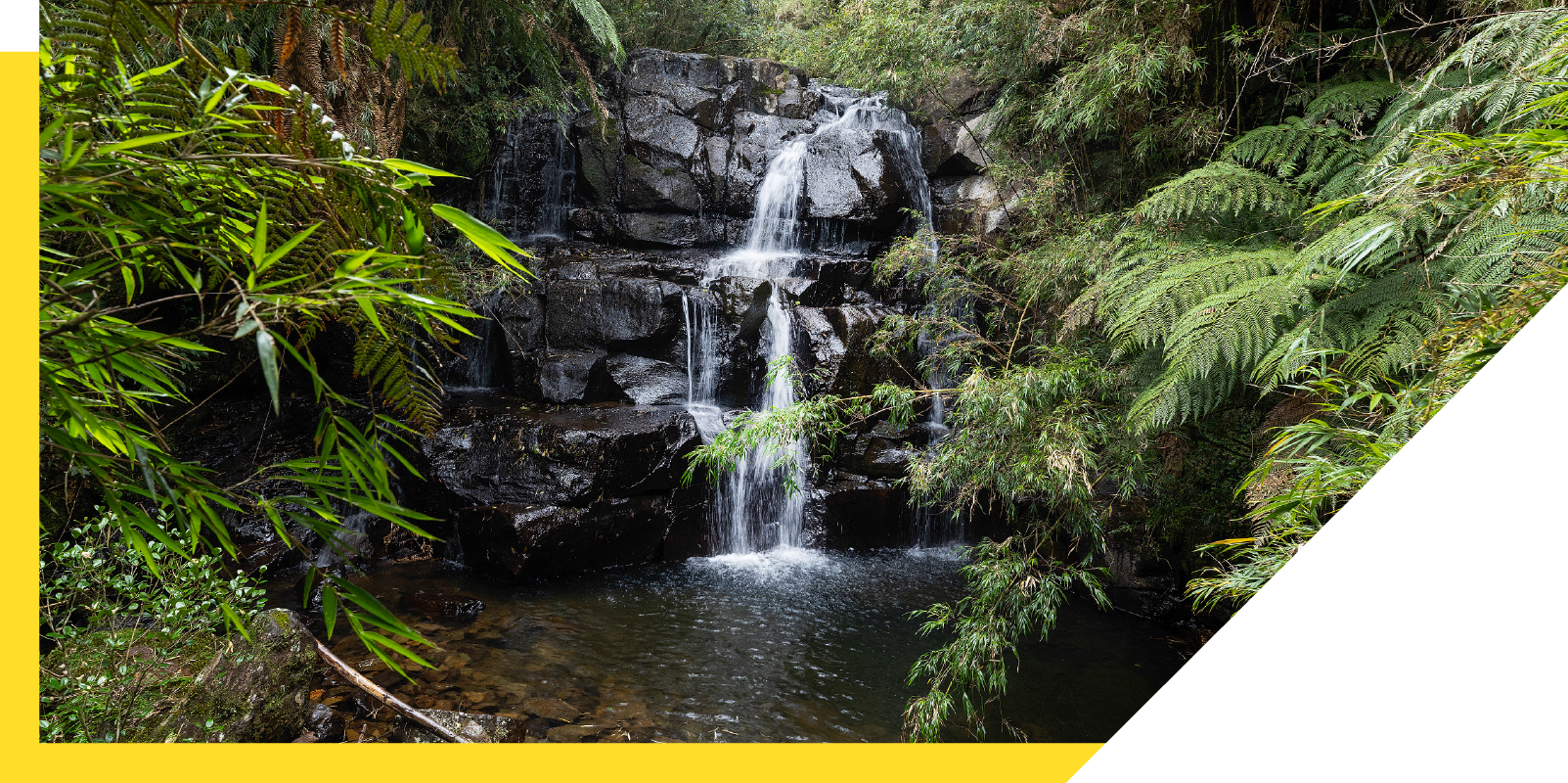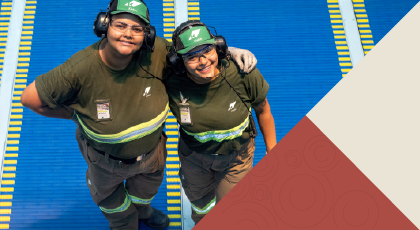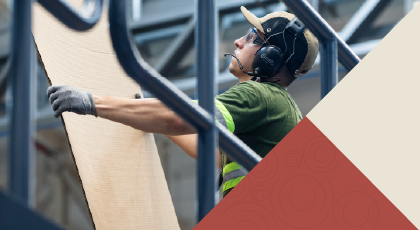Water use
Water use performance
As of 2024, Klabin had reduced its specific industrial water consumption¹ by 28.3% compared to the 2018 base year, outperforming the 20% target in the Klabin Sustainable Development Goals for 2030. This result was influenced by the stabilization of production at the Ortigueira Plant after the completion of the Puma II Project, which is more efficient in terms of water consumption than other operations.
Klabin also surpassed its specific water use target linked to performance-based pay.² The goal was to withdraw 22.84 m³ of water per metric ton of output, and the Company achieved a rate of 22.5 m³ per ton, underscoring the attention paid to water resource management at its plants.
With a focus on improving results, Klabin has a multidisciplinary working group dedicated to reducing water use and enhancing the quality of water resources and effluents generated in its operations.
¹ Specific consumption = (water withdrawn – effluent treated) ÷ metric tons of products produced.
² 20% of the performance-based pay of the Company’s leaders is linked to performance regarding sustainability targets (climate, water, community relations, diversity and safety).
Throughout 2024, Klabin had monthly meetings to critically analyze its indicators related to water, carbon and waste. The goal is the continuous monitoring of the units and the implementation of action plans for process improvements, which remains in place in 2025.
Integrated management
To improve its water resource management, Klabin has drawn up a Water Conservation Plan, which details the Company’s strategy in this area for its forestry base, plants and the entire production chain. It considers physical and transition risks linked to ecosystem services and climate change impacts, as well as risks to water resource availability from biodiversity loss. In 2025, this work will continue with the classification of areas that warrant more attention in relation to possible water stress situations and the engagement of relevant suppliers and customers.
The Company has also begun work on evaluating indicators related to river basins, such as the availability and quality of water where Klabin operates. This study will continue in 2025.
Water security
In 2024, the Company increased the percentage of locations where it has industrial operations and initiatives that contribute to improving water security: 18 of the 21 municipalities in which it operates industrial units now have measures aimed at this issue. These include improving the efficiency of effluent treatment at industrial sites, participation in river basin committees and the ongoing activities of the Klabin Transforma Caiubi Program, focused on environmental education, in community schools.
Water security management
Due to the dynamics of planting and harvesting, there was a small decrease in the percentage of forestry operations under the Company’s own management with socially responsible water management, a methodology focused on water security, from 97.3% in 2023 to 96.3% in 2024. This result was expected, in line with the Company's forestry plans, and Klabin remains on track to reach 100% by 2030.
In 2024, Klabin completed the implementation of its socially responsible water management methodology in Angatuba (São Paulo) and continued to work on this in Paraná and Santa Catarina. In 2025, the challenge will be to bring water security management to the forest areas acquired as part of the Caetê Project.

Award-winning performance
Klabin was one of the winners of the 30th Expressão Ecology Awards, run by publishers Expressão, coming top in the Water Conservation category with a project called “The positive visibility of ecosystem services and benefits provided by the environment to the planet.” This prestigious environmental awards program, recognized by Brazil’s Environment Ministry, celebrates excellence in sustainability across the nation’s business community.






